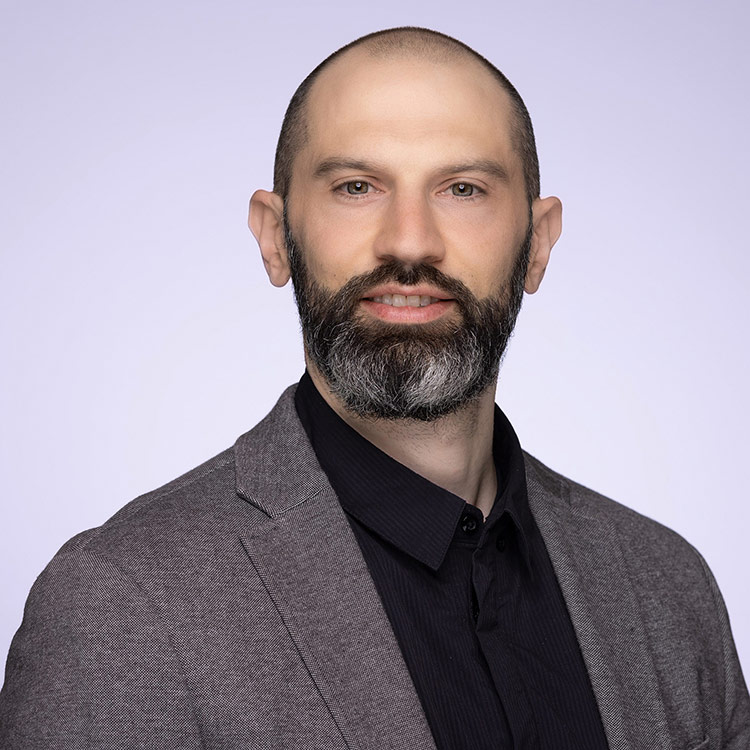
Dr. Michael Lipset

Expert In
Professor Shariff’s work is centered on the intersection of education, law and policy, with a focus on constitutional, human rights and civil law as it impacts educational institutions. Her research over 21 years has examined court cases involving students with disabilities; gifted students; Charter of Rights and Human Rights challenges based on freedom of religion, diversity and pluralism; freedom of expression, and negligence in schools. She is best known for her work on cyberbullying, and sexual violence as symptoms of deeply ingrained systemic discrimination and societal power imbalances (intersecting forms of sexism, misogyny, homophobia, ableism, ageism, and xenophobia).
In particular, her research examines tacit condoning and official sanctioning of hate and violence that proliferates through social media into physical contexts as normalized ways of speaking to, about and treating others. She examines parallels between victim-blaming, dehumanizing and ostracism in bullying, cyber-bullying and sexual violence cases, that exhibit similar patterns in wider global political conflicts that can result in ethnic cleansing. Shariff continues to work internationally and nationally with schools, universities, government policy makers and justice systems to counter and address systemic discrimination and violence through critical legal, feminist and media literacy.
Her research projects bring together multi-disciplinary researchers with expertise in law, criminology, psychology, arts and popular culture; leadership, health education and policy studies to illuminate the nuanced complexities of these phenomena. Her work guides educational institutions and government policy makers to re-examine reactive laws and policies, and reclaim their role of protecting and educating university communities and the public through non-arbitrary, evidence-based policies, practices and curricular approaches, with greater promise of violence prevention and reduction.
Professor Shariff’s work is centered on the intersection of education, law and policy, with a focus on constitutional, human rights and civil law as it impacts educational institutions. Her research over 21 years has examined court cases involving students with disabilities; gifted students; Charter of Rights and Human Rights challenges based on freedom of religion, diversity and pluralism; freedom of expression, and negligence in schools. She is best known for her work on cyberbullying, and sexual violence as symptoms of deeply ingrained systemic discrimination and societal power imbalances (intersecting forms of sexism, misogyny, homophobia, ableism, ageism, and xenophobia).
In particular, her research examines tacit condoning and official sanctioning of hate and violence that proliferates through social media into physical contexts as normalized ways of speaking to, about and treating others. She examines parallels between victim-blaming, dehumanizing and ostracism in bullying, cyber-bullying and sexual violence cases, that exhibit similar patterns in wider global political conflicts that can result in ethnic cleansing. Shariff continues to work internationally and nationally with schools, universities, government policy makers and justice systems to counter and address systemic discrimination and violence through critical legal, feminist and media literacy.
Her research projects bring together multi-disciplinary researchers with expertise in law, criminology, psychology, arts and popular culture; leadership, health education and policy studies to illuminate the nuanced complexities of these phenomena. Her work guides educational institutions and government policy makers to re-examine reactive laws and policies, and reclaim their role of protecting and educating university communities and the public through non-arbitrary, evidence-based policies, practices and curricular approaches, with greater promise of violence prevention and reduction.